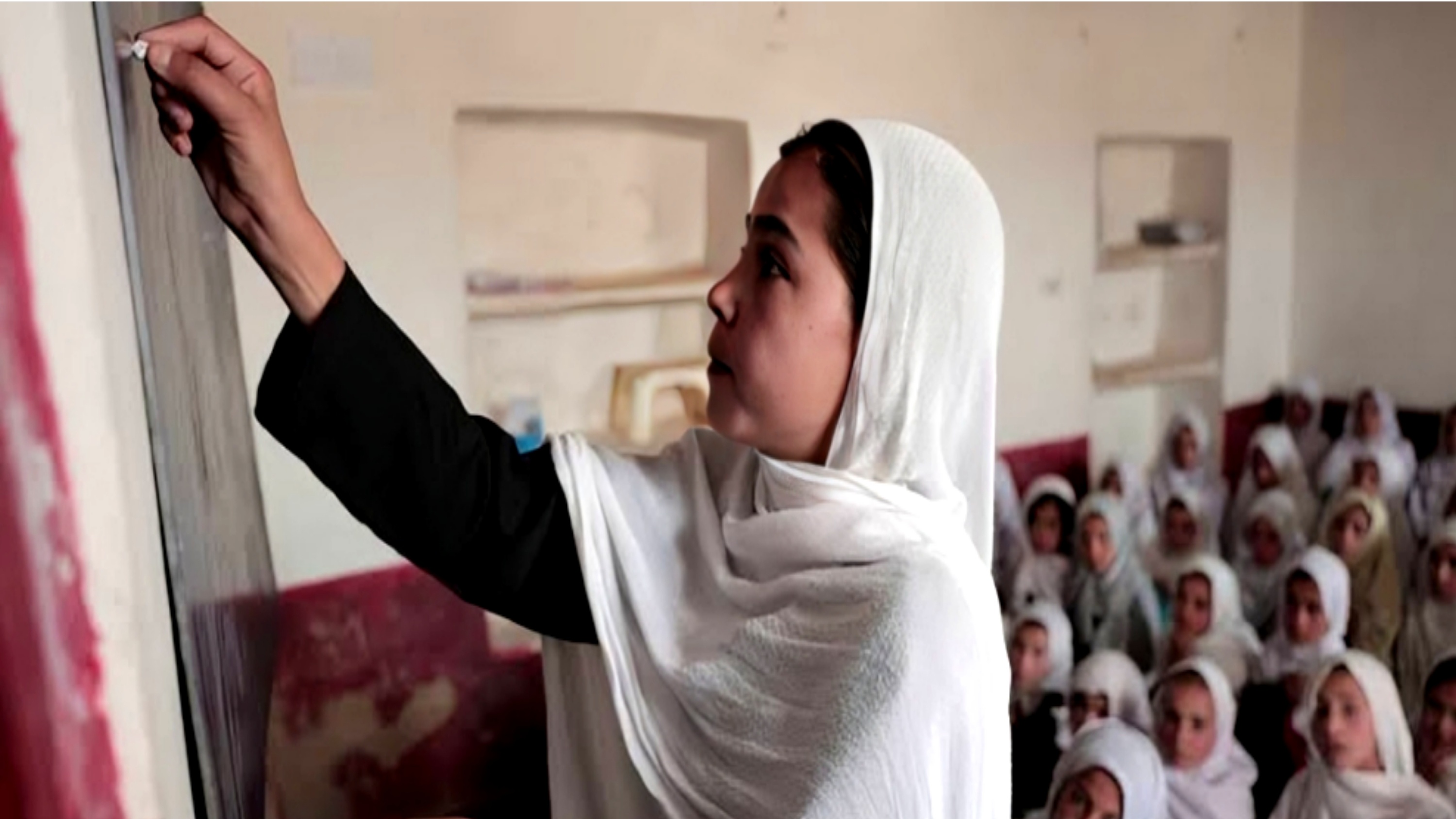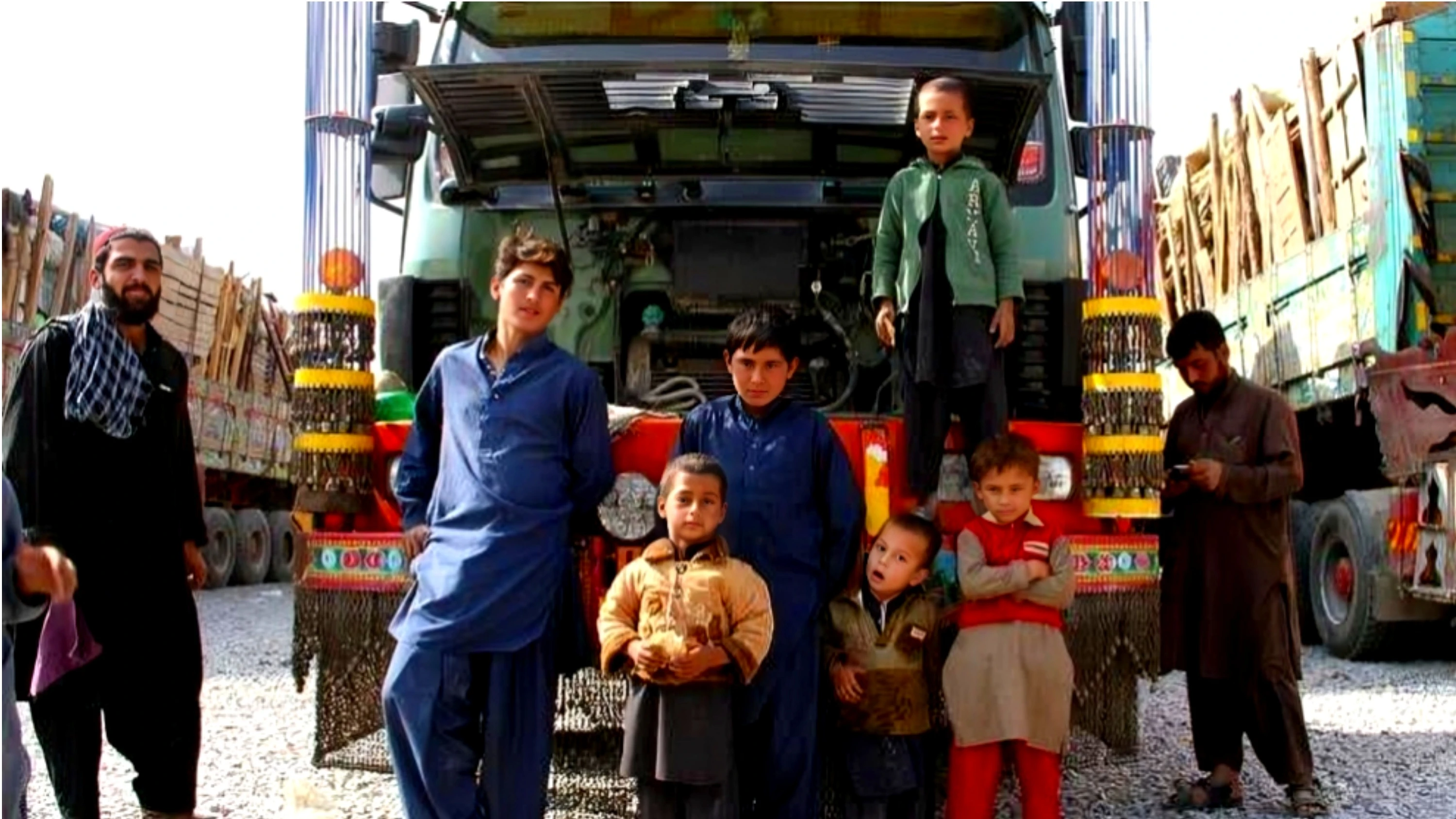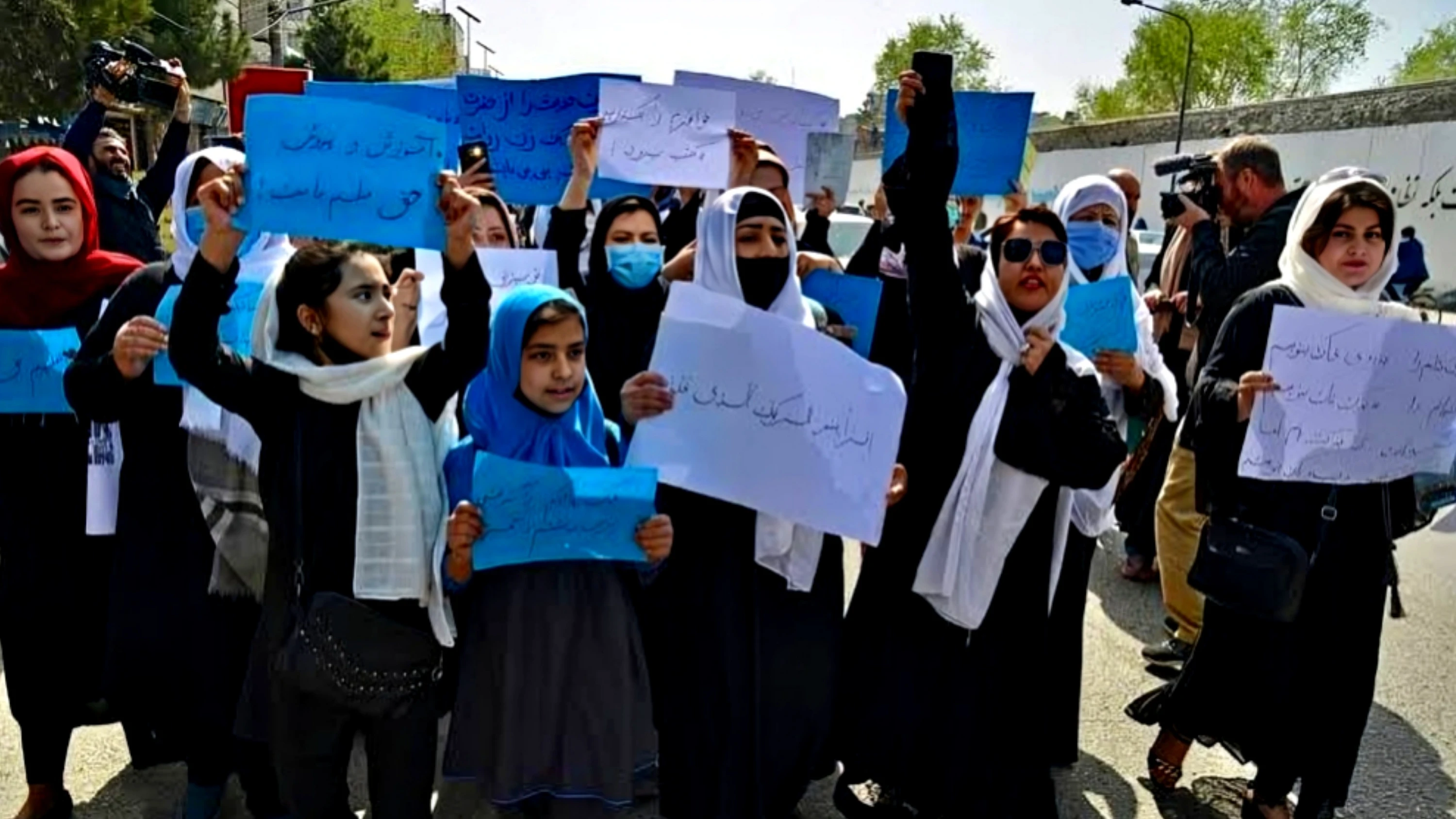Report: As Afghanistan begins the new academic year, UNICEF Executive Director Catherine Russell has raised concerns over the continued ban on education for girls beyond the sixth grade. She highlighted that millions of Afghan girls are being denied their fundamental right to education, with devastating long-term effects on the country.
In a statement marking the start of the 1404 academic year, Russell warned that if the restrictions remain in place until 2030, over four million girls will be deprived of secondary education. She stressed that this ban is not just a setback for the girls themselves but also for the nation's health system, economy, and overall future.
“The longer this ban continues, the greater the risks for Afghan girls. Without education, they are more vulnerable to child marriage, which negatively affects their well-being and health,” Russell stated.
She further warned that the lack of female students in schools will lead to a severe shortage of female health workers. As a result, UNICEF estimates that around 1,600 women could lose their lives due to inadequate maternal care, and over 3,500 infants may not survive.
“These are not just numbers; they represent real lives lost and families torn apart,” she emphasized.
Despite the ongoing restrictions, UNICEF has managed to provide educational opportunities to 445,000 children through community-based learning programs, with girls making up 64% of the participants. However, the organization continues to urge Afghanistan’s ruling authorities to lift the ban and allow girls to continue their education beyond the sixth grade.
Meanwhile, the Ministry of Education under the Islamic Emirate has announced the commencement of the academic year in the colder regions of the country. However, the issue of secondary education for girls remains unresolved, leaving millions uncertain about their future.








